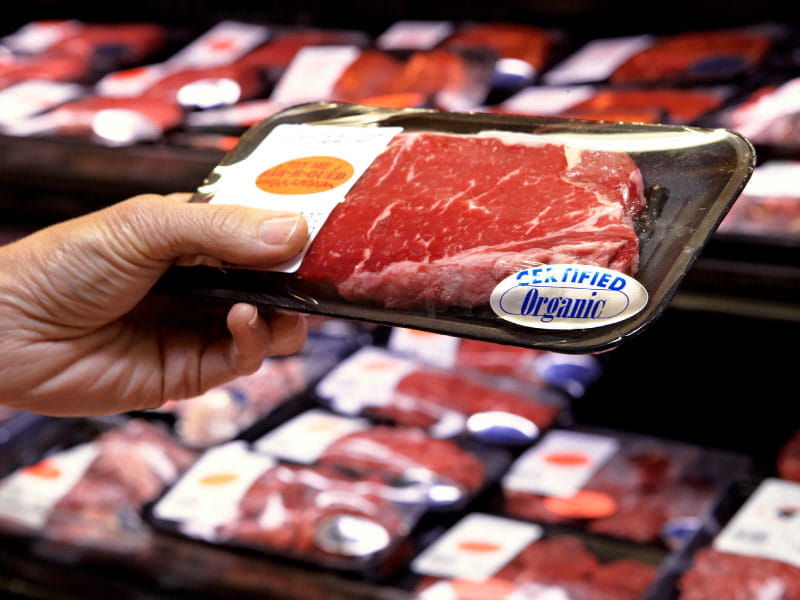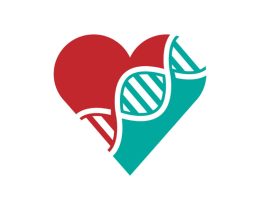
Chemicals produced by microbes in the digestive tract may be partly responsible for the increased heart disease risk associated with higher consumption of red meats such as beef and pork, a new study suggests.
Cardiovascular disease – which includes heart attacks and strokes – is the leading cause of death in the U.S. and around the world. As people age, their cardiovascular disease risk increases.
But risks can be lowered by eating a diet emphasizing fruits and vegetables, legumes, nuts, whole grains, lean protein and fish, staying physically active, getting enough sleep, maintaining a healthy body weight, not smoking and properly managing blood pressure, cholesterol and blood sugar levels.
“Most of the focus on red meat intake and health has been around dietary saturated fat and blood cholesterol levels,” study co-author Meng Wang said in a news release. Wang is a postdoctoral fellow at the Friedman School of Nutrition Science and Policy at Tufts University in Boston.
“Based on our findings, novel interventions may be helpful to target the interactions between red meat and the gut microbiome to help us find ways to reduce cardiovascular risk,” she said.
The study was published Monday in the American Heart Association journal Arteriosclerosis, Thrombosis, and Vascular Biology.
Prior research has shown some chemical byproducts of food digestion, called metabolites, are associated with a higher cardiovascular disease risk. Trimethylamine N-oxide, or TMAO, is a metabolite produced by gut bacteria to help digest red meat. High blood levels of TMAO may be associated with higher risk for cardiovascular disease, chronic kidney disease and Type 2 diabetes.
In the new study, researchers measured metabolites in the blood samples of nearly 4,000 people in the Cardiovascular Health Study, which investigated risk factors for cardiovascular disease in adults age 65 and older.
Study participants, who were an average 73 years old at the study’s onset, were recruited from Sacramento, California; Hagerstown, Maryland; Winston-Salem, North Carolina; and Pittsburgh. They were followed for an average of 12.5 years and in some cases up to 26 years.
Participants answered questionnaires about their dietary habits, including how often they ate foods such as red meat, processed meat, fish, poultry and eggs.
Eating more meat – especially red meat and processed meat – was associated with a higher risk for atherosclerotic cardiovascular disease. The risk was 22% higher for about every daily serving.
The increase in TMAO and related metabolites associated with eating red meat was responsible for one-tenth of the higher cardiovascular risk, according to the study.
Researchers also found evidence that blood sugar levels and inflammation may play a more important role in linking red meat consumption to cardiovascular risk than blood cholesterol or blood pressure.
The findings suggest a need for more research into the different chemicals that may play a role in red meat consumption, the authors said.
“Research efforts are needed to better understand the potential health effects,” Wang said.
If you have questions or comments about this American Heart Association News story, please email [email protected].







